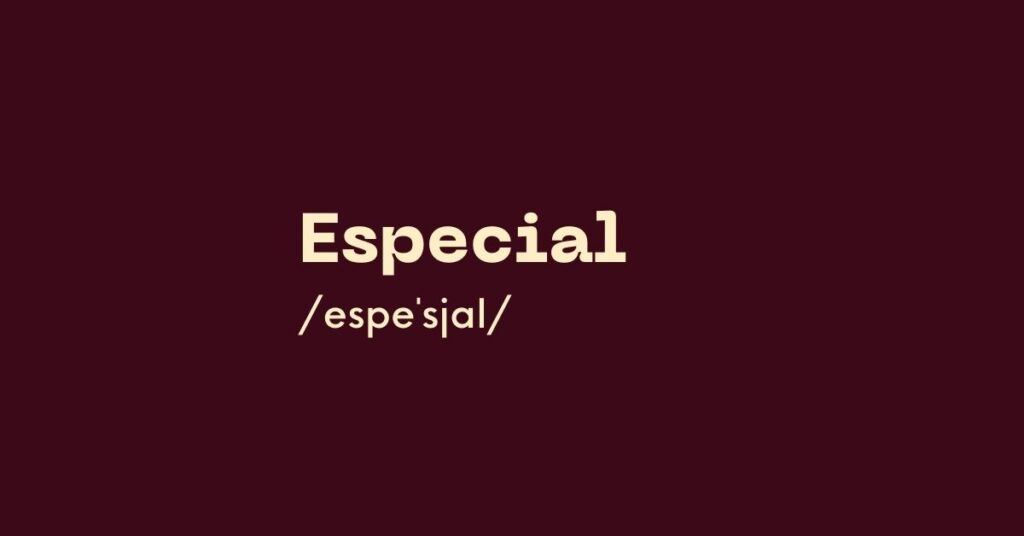Ya
Today’s Spanish word of the day is “ya”. It’s an adverb that usually translates as “already” or “now”. In negative phrases starting with “ya no…”, it means “anymore”. For example, “ya no quiero ir” means “I don’t want to go anymore”. The word “ya” comes from Latin iam, which also meant “already” or “now”. Interestingly, […]









